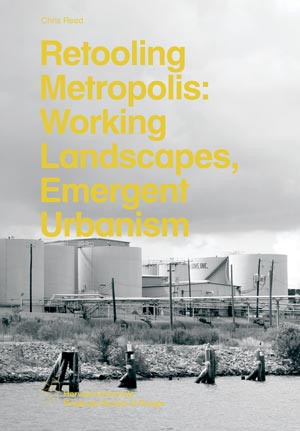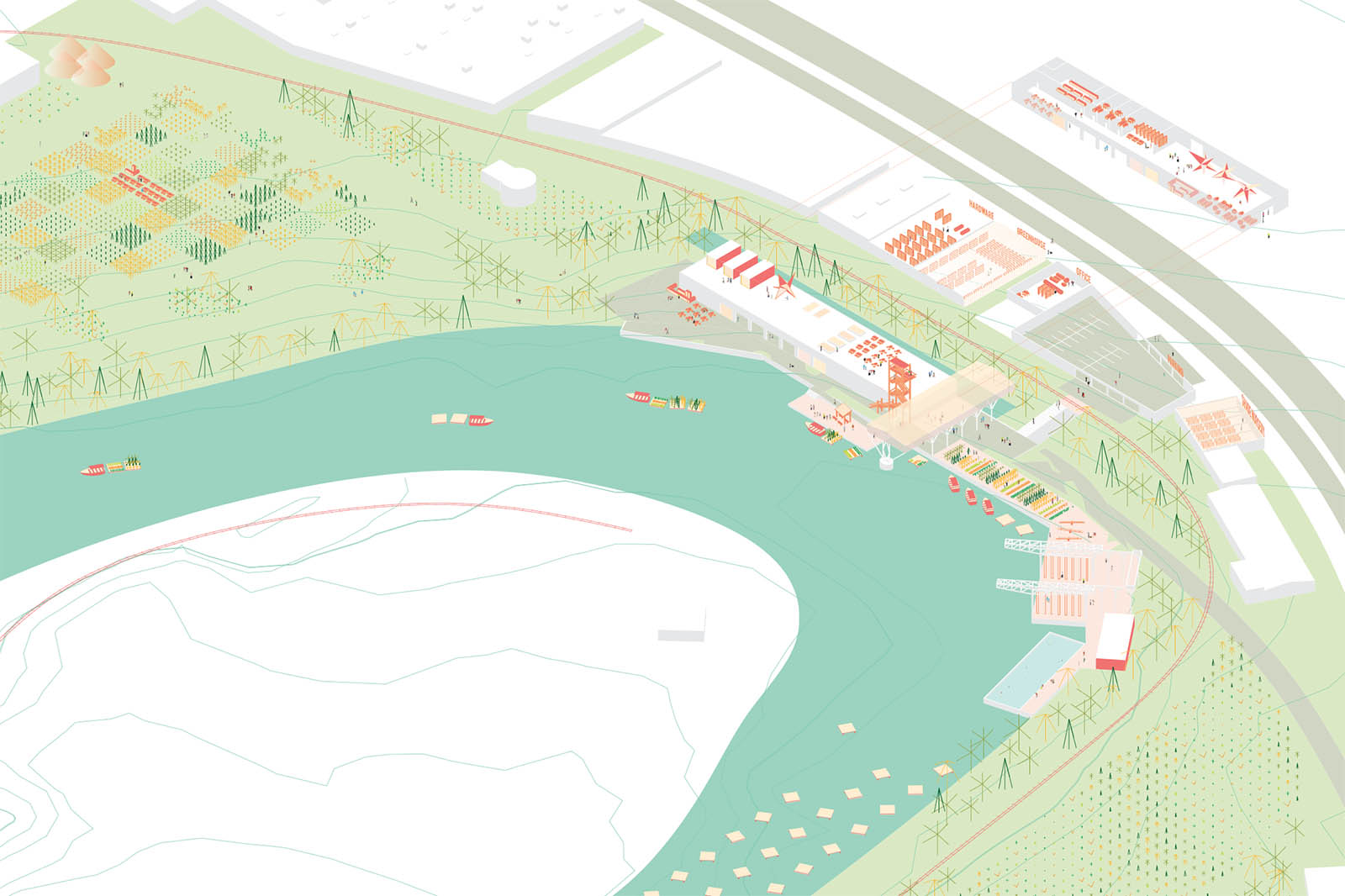Re-Tooling Metropolis: Provisional Landscapes, Emergent Urbanism in Houston’s Eastern Bayous
Re-tooling will cultivate conversations on the nature of contemporary urbanism, on the primacy of landscape in transforming the city, and on the opportunities and challenges faced by twentieth-century metropolises like Houston (LA, Miami, Atlanta, etc.). The studio will also be organized so students have direct interactions with city officials, environmental and regulatory authorities, the organizations responsible for the work on the ground (including Buffalo Bayou Partnership), faculty at Rice University, and professional economic and engineering consultants that are advising this and related projects.
What is the status of the twentieth-century metropolis, and how do we re-think it—in an era of significant climate change, of considerable social and economic inequities, of cultural dissonance?
How to do this, when contemporary environmental and social circumstances call out for a shift in thinking, yet there is no obvious economic driver to initiate or sponsor transformation on the ground?
What of this in a disciplinary age where conversations on urbanism are likely to be better informed by ideas of operational landscapes, of dynamic ecologies, of emergent economies, of loose organizational and political structures?
Re-tooling examines possibilities for cultivating new landscapes and new forms of nascent urbanism in an area of Houston marked by large-scale abandonment, active heavy industry, remnant neighborhoods, industrial ruins, denuded ecologies, contaminated lands, and a radically transformed hydrologic system. Initial investigations will examine the forces in play—or potentially activated—across the wider metropolitan territory, to establish a baseline of understanding and research across the studio: altered hydrologies and ecologies, movement patterns and infrastructures, micro- and macro-economies, etc. To inform these studies, we will look at projects by Bas Smets, WorkAC, Desvigne & Dalnoky, AldayJover, Field Operations, and Stoss, and we will read Larup, Alex Wall, James Corner, Nina-Marie Lister and others. Individual projects will focus on landscape catalysts and activation initiatives for inaugurating environmental, social, cultural, urbanistic, and economic transformation. These projects will be sited on one of a number of large, enigmatic, and potentially pivotal sites along the Bayou—which include abandoned development tracts, a ruined water treatment plant, industrial silos, a scrap metal facility, and more. Incremental, tactical, and cumulative projects and processes will be emphasized. A combination of the physical and the operative, of the pragmatic and the inventive, will be at the heart of these investigations.
Publications
-

Retooling Metropolis: Working Landscapes, Emergent Urbanism
Chris Reed, Instructor
September 2017
